Drainage Control to Promote High Crop Yields and Diminish Nutrient Losses from Agricultural Fields in Minnesota
Study author(s): Jeffrey Strock, University of Minnesota, Southern Research and Outreach Center
Years of study: 2008
Location(s): Tracy, MN (Redwood County)
Important: for the complete report, including all tables and figures, please download using the link(s) to the right.
summary
The goal of this project was to better understand and quantify the yield, drainage discharge and nitrogen and phosphorus losses from conventional and controlled drainage practices in southwest Minnesota. This project was also designed to develop educational programming and materials on drainage water management practices for a variety of stakeholders. The research data collected at this site clearly demonstrated the environmental benefit of controlled drainage. The two years of data showed that controlled drainage resulted in a 63% reduction in drain outflow compared to conventional drainage. There was also evidence that annual nitrate-nitrogen, total phosphorus, and orthophosphorus loads were reduced by 61, 50, and 63%, respectively. However, the reasons for a 33% increase in flow weighted mean total phosphorus concentration under controlled drainage are unclear. Yield results were neutral to positive for the two years of the study. The 3rd Soil and Water Management Field Day and Drainage Design and Water Management Workshop held in August 2008 were very successful. Nearly 100 people attended the field day and 25 farmers, contracts, and agency staff participated in the 1.5 day workshop. In addition, research results were presented to a total of 1430 people at 23 local, regional, national and/or international events during the two year project period.
